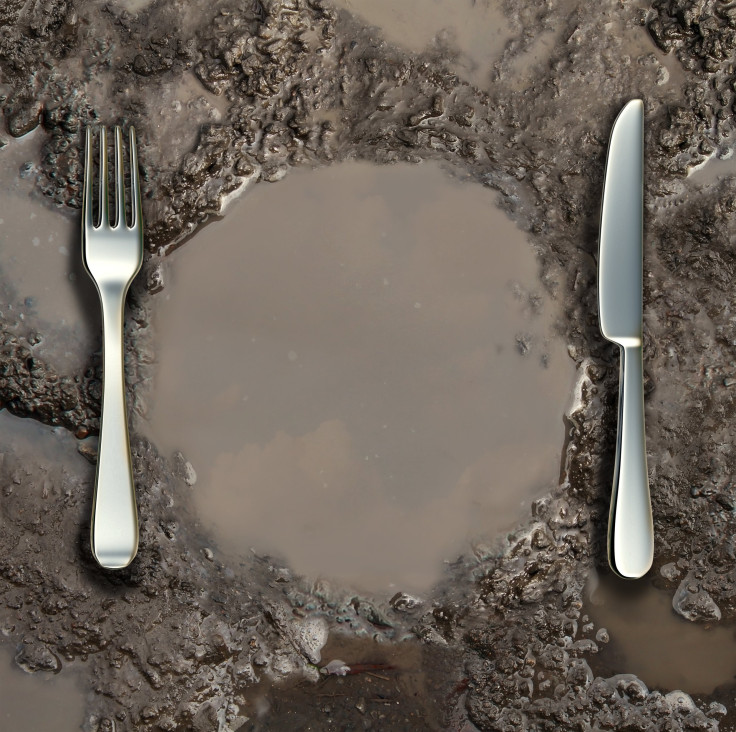Washing Dishes By Hand, Other Lax Lifestyle Choices Can Strengthen Your Family's Immune System

Get your hands a little dirty and raise your family on the idea that hygiene isn’t the key to health. Hand washing dishes is just one of the many reasons why humans should drop the squeegee and live a simpler, less hygienic life. In a new study published in Pediatrics, Swedish researchers from the Queen Silvia Children’s Hospital in Gothenburg studied how less sanitary hand-washed plates we eat off of can strengthen a family’s immune system, specifically a reduced likelihood for allergy development.
"If you are exposed to microbes, especially early in life, you stimulate the immune system in various ways and it becomes tolerant," the study’s coauthor Dr. Bill Hesselmar of Queen Silvia Children’s Hospital in Gothenburg, Sweden, told Time. "I think it is very interesting that with a very common lifestyle factor like dishwashing, we could see effects on allergy development."
The researchers surveyed 1,029 parents and guardians with children at home between the ages of 7 and 8. They found in homes where the family hand-washed their dishes instead of throwing them into the dishwasher machine, children had a lower likelihood of allergies. The researchers believe it’s not the kids who are doing the washing — they’re too young for that — but instead their parents' less clean hand-washed dishes leads the kids to the long-term exposure.
Have Humans Become Too Clean And Complicated?
The scientific reasoning is all based on the “hygiene hypothesis,” which states without exposure to bacteria early in life, children are left with an untrained and unarmored immune system that isn’t strong enough to defend against bacteria, according to Mayo Clinic. Researchers also found children who ate fermented food or food purchased directly from farms were also less likely to have allergies compared to the junk food-, processed-, package-eating kids. Their early life exposure to allergens from fresh fruit and veggies, animals, and imperfect plates, drives the immune system away from developing allergies.
So put down your Purell bottle, bacterial wipes, and give up on your squeaky-clean dish obsession, because more than likely your child will not only survive without them, but be better off. It all goes back to living a basic life and letting the body organically build an immune system that prevents from allergy development, also known as the “farm effect.” Our bodies are designed to be exposed to bacteria, so let your kid kick around in the mud, bite off the head of a worm, and even pick their nose. They’re building a defensive line of immunological soldiers, and they need to train them in combat early on in life. Even turning off the video games, television, cell phones, and computers, and forcing them outside to play will expose them to the worldly elements they’re shielded from on their living room couch.
However, preventing asthma or a cat allergy isn’t as simple as avoiding antibacterial soap, making weekly visits to a petting zoo, or eating exclusively from the farmer’s market. The immune system is a sophisticated collection of protective pathways that have evolved over the centuries to effectually detect foreign threats to the body. Vaccinations still shouldn’t be ignored, because the body hasn’t evolved far enough to be immunologically exempt from an MMR shot or a baby booster. Developed, wealthy countries have put in place advanced sanitation technology, minimizing its citizens’ exposure to parasites, bacteria, and infection.
Those same countries also have high rates of allergies and asthma, but are fairly rare in less developed parts of the world. Has our quest for sterility actually put us at a biological disadvantage?
Source: Hesselmar B, Hicke-Roberts A, and Wennergren G. Allergy in Children in Hand Versus Machine Dishwashing. Pediatrics. 2015.



























